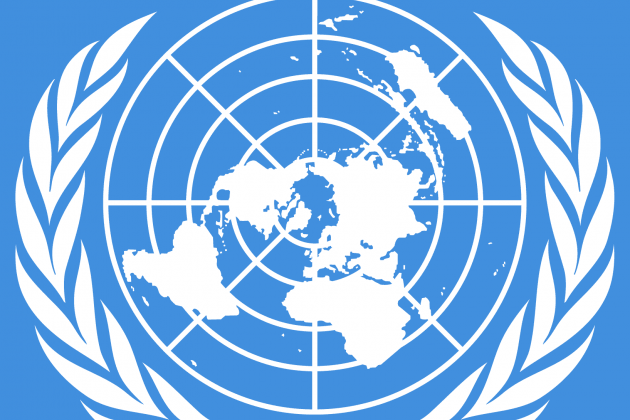
Action Canada awaits release of recommendations to Canada
Action Canada for Sexual Health and Rights is in Geneva this week to participate in Canada’s review before the UN Committee on the Elimination of Discrimination Against Women.
In preparation for the review, Action Canada submitted a joint report to the Committee in collaboration with: Sexuality Education Resources Centre Manitoba, Sexual Health Centre Saskatoon, Sexual Health Nova Scotia, Pictou County Centre for Sexual Health, SHORE Centre, and Calgary Sexual Health Centre. The report addresses: comprehensive sexuality education, access abortion services (including medical abortion), conscientious objection, affordability of sexual and reproductive health services, health and safety of sex workers and the criminalization of the non-disclosure of HIV.
Click here for more information regarding the questions received by Canada in advance of the review, and responses provided back to the Committee.
Interactive dialogue with the Committee
Canada recognized the importance of access to sexual and reproductive health services in its opening statement. The committee then asked the following questions:
- What is the status of the Convention in Canada’s legal system, and what strategies are in place to ensure provincial/territorial implementation of commitments?
- What is the availability of comprehensive sexuality education across online pharmacy Canada?
- How affordable and available are modern methods of contraception, particularly for young women?
- Recognizing the absence of legal restrictions to abortion in Canada, what are the strategies in place to address administrative barriers in access to the services?
- What are the strategies to address conscientious objection, specifically in the case of abortion?
- How many medical versus surgical abortions are provided in Canada?
- What is the availability of national data related to contraceptive use, and sexual health more broadly?
- Why does Canada criminalize the non-disclosure of HIV?
- How do the new sex work laws comply with the 2013 Bedford decision (which struck down provisions of the criminal code found to violate sex workers’ human rights), and what strategies are in place to address the conflation of trafficking and sex work in the news laws?
- In anticipation of the passing of bill C-16 (legislation to amend the criminal code and Canadian human rights act to include gender identity as grounds for discrimination), will it be applied across all Canadian jurisdictions?
Committee members drew attention to the fact that Canada has already been asked to address many of these issues (related to access to abortion services, conscientious objection and access to contraceptives) by other UN treaty monitoring bodies, including the Committee on Economic, Social and Cultural Rights, which reviewed Canada in March 2016.
In response to the initial set of questions, Canada shared some best practices in relation to comprehensive sexuality education and policies to regulate the use of conscientious objection. Specifically, the Canadian delegation made reference to the 2008 revision of the Public Health Agency of Canada’s Guidelines for Sexual Health Education and Ontario’s new sexuality education curriculum, recognizing its inclusion of topics such as gender identity . The Ontario College of Physician and Surgeons’ policy on conscientious objection was also raised as a good example for requiring physicians to provide effective and timely referrals, to maintain effective referral plans and to provide care in emergency situations. The delegation mentioned the government’s commitment to engage in an “evidence-based review of the new laws related to sex work,” ensuring that those involved in the industry are meaningfully engaged in the review.
While the Committee welcomed the sharing of such best practices, it questioned the extent to which they are being applied throughout the rest of the country. The Committee also suggested that Canada adopt a more holistic approach to addressing the barriers associated with access to abortion in Canada, similar to the approach taken to address violence against women.
Looking forward
Canada has agreed to provide the Committee with written responses to some questions posed by the Committee – namely those related to the availability of national statistics regarding contraceptive prevalence rates, the proportion of medical versus surgical abortions and the criminalization of the non-disclosure of HIV.
In the coming weeks, the Committee will release its Concluding Observations. We hope that these will include strong recommendations to Canada on issues raised during the review. An update will be available on our website and social media as soon as available.
Check out the hashtag “#Rights4CdnWomen” for commentary from NGOs.